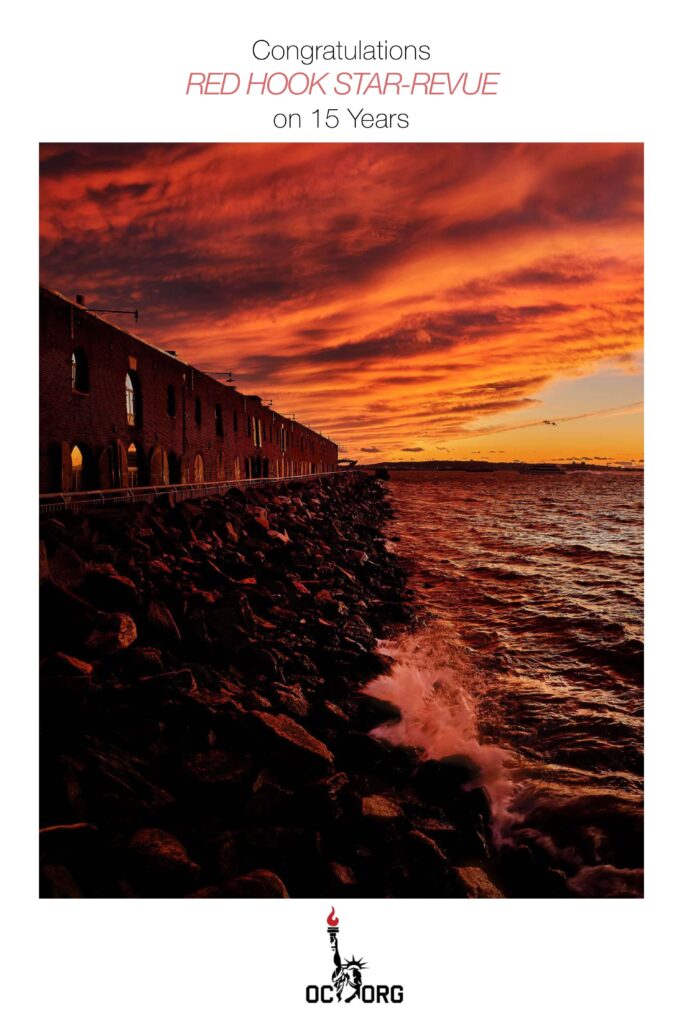Review of Taking a Long Look: Essays on Culture, Literature, and Feminism in Our Time by Vivian Gornick
Review by Michael Quinn
Bronx-born Vivian Gornick cut her teeth as a journalist working as a reporter for Village Voice in the early ’70s. An urgent need to “put the reader behind my eyes—see the scene as I had seen it, feel the atmosphere as I had felt it,” drove her to write, mostly about the burgeoning feminist movement. Today, this style of personal journalism is so widespread, many readers can’t imagine a story being told any other way.
Gornick’s new book, Taking a Long Look: Essays on Culture, Literature, and Feminism in Our Time, collects over forty years’ worth of pieces, arranges them “newest to oldest,” and organizes them by theme: “Literature,” “Culture,” “Two New York Stories,” and “Essays in Feminism.” All originally appeared elsewhere, and all have been updated for this collection.
Gornick is an astute observer. In “On the Bus,” she notes a “kind of low-grade melancholy” at Port Authority, as the lines of people waiting for buses snake through the bowels of the terminal, which “soon began to resemble a crowd of refugees: people with no rights, only obligations.”
Yet noticing is just the beginning. Once something captures Gornick’s attention, she drills down into a subject in order to understand why. “The Reading Group” recounts the ten-plus-years experience of being in a small, memoir-reading book club. Gornick contrasts the experience of reading alone—“eyelids propped open against the unexpected dullness of a famously great book”—versus coming together to discuss what was read, where “disagreement is a stimulant not a depressive.” Coming together, Gornick posits, releases “the inertness of mind that an absence of engagement imposes.”
No matter whom she’s writing about, you always get the feeling that Gornick is running her hands over her own cloth, picking at loose threads and smoothing out the wrinkles of her own thinking. Of the American writer Alfred Kazin, Gornick writes that he “came to understand what every good memoirist understands: that the writer’s own ordinary, disheveled, everyday self must give way to that of a narrating self…[who] will simultaneously be both the reason for the story and the servant of the story.” Observations like these carry authority—not just in Gornick’s judgments of others, but of her own potential. She’d go on to publish several critically-acclaimed memoirs herself.
Gornick has a sharp, authoritative mind and doesn’t mince words. Considering the legacy of 1920’s Greenwich Village bohemian Edna St. Vincent Millay, Gornick writes, “This poet, once so beloved, is entirely unknown today…the poems simply do not go deep enough.”
“Consciousness” recreates a women’s group meeting almost like a play, with character names, descriptions, and lines of dialogue (either transcribed or fabricated). This is the one essay that feels like a period piece, but it’s because of how the ideas are expressed (a man is a “creep” or an “S.O.B.”), rather than the ideas themselves: “It is only here, during many months of meetings, that a woman is able finally—if ever—to bring to the surface those tangled feelings of anger, bafflement, and frustrated justice that have drawn her to the movement to begin with.” A person “examining one’s personal experience in the light of sexism” is just as relevant today as it was almost five decades ago. “Each feminist is a microcosm of feminism,” Gornick observes in “The Women’s Movement in Crisis.” Ultimately, the collection is less time capsule than origin story for Gornick’s style and ideas.
Gornick is a politically-engaged human being, and alert to those impulses in everyone she reads, whether it’s Rachel Carlson (on the fiftieth anniversary of the publication of Silent Spring, Carlson’s “plea that human beings realize that all beings on earth are dependent on one another to preserve the environment in which they will either live or perish together”), or the political theorist Hannah Arendt (“She thought of herself as a Jewish German, not a German Jew”). Gornick writes, “In our own time, we have seen the liberationist movements of persecuted blacks, humiliated gays, discarded women take the historical lesson: when politically despised, you either fight on your feet or die on your knees.”
This “our time” is an interesting idea that threads through all of the pieces. Who can the “our” be other than writer and reader? Gornick’s ideas are the bridge. Will you cross over?
Author
Discover more from Red Hook Star-Revue
Subscribe to get the latest posts sent to your email.










